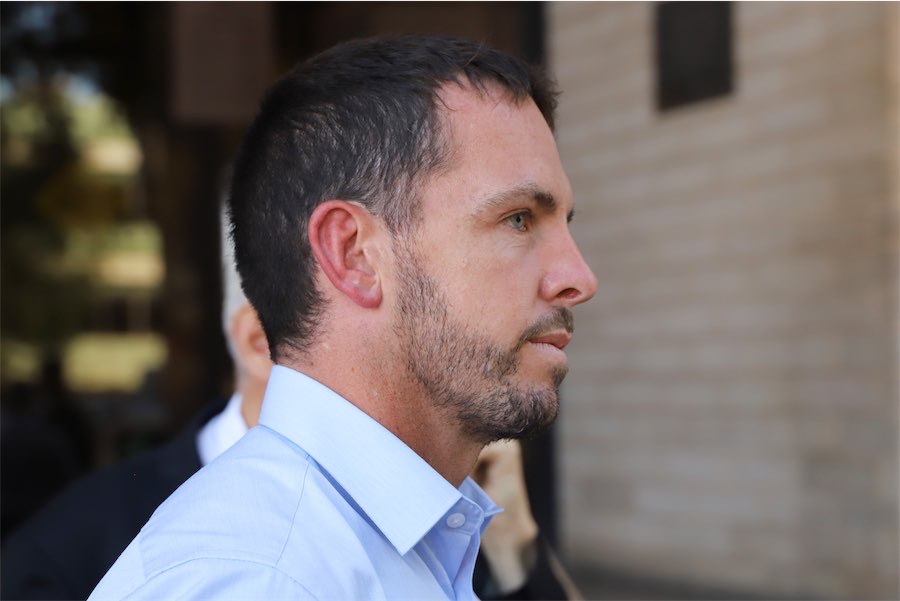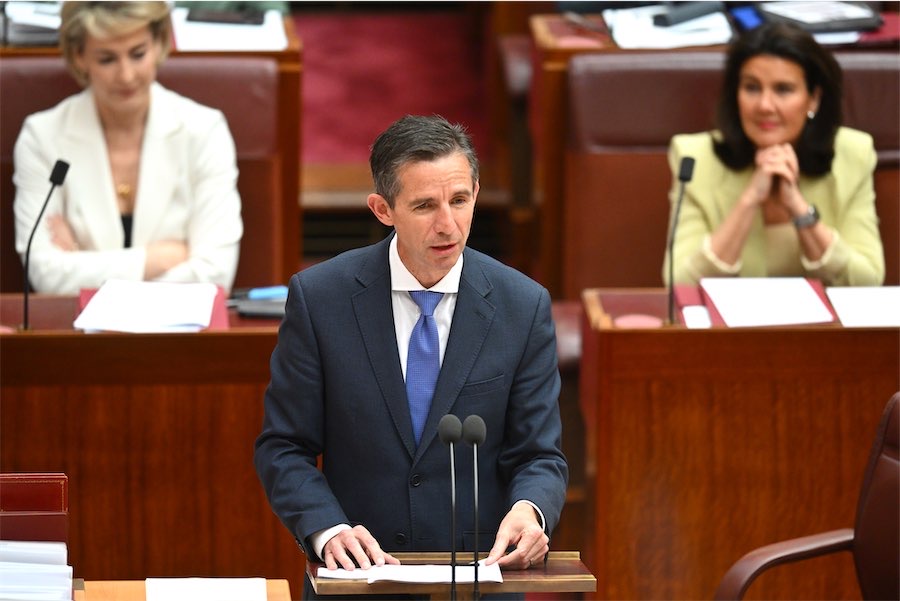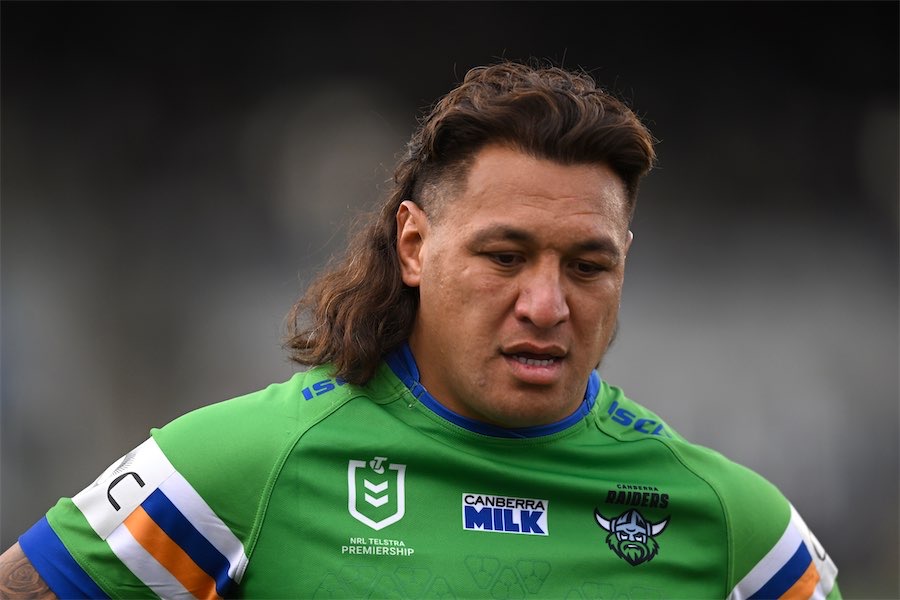
AS “the war to end all wars” drew to a close on November 11, one hundred years ago, an Australian corporal, a volunteer stretcher bearer from Cooma, had just become the only soldier in the British Commonwealth to receive four Military Medals – the award introduced in 1916 for personnel below commissioned rank “for acts of gallantry and devotion to duty under fire”.
Despite the fact this record remains unsurpassed, Ernest Albert Corey is far from the household name of the man who performed a similar role, John Simpson, with the aid of his donkeys.
Over the last year, Queanbeyan author and social historian – and “CityNews” columnist – Nichole Overall, has been piecing together Cpl Corey’s story and has been awarded the prestigious Biennial Walter Stone Life Writing Award for 2018 by the Fellowship of Australian Writers (FAW) for an initial presentation of the project.
The award stipulates a work of “original, creative, literary excellence” with an Australian historical significance and at the presentation ceremony in Sydney on November 3, judge Dr Rae Luckie stated the standard of the entries received from around the country “was exceptional”.
Of the winning entry, Dr Luckie said: “’Saving Sergeant Harlock’ is an inspirational and creative hybrid biography that effectively uses the elements of prose poetry. The author provides an eloquent insight into the Western Front and the sacrifice of so many young lives.”
Nichole says she’s delighted that the alternative style of the work resonates.
“As it isn’t a traditional or standard military history, or even biography exactly, this win is so affirming,” she says.
“Along with the centenary of the end of the Great War, it’s also the 90th anniversary of the FAW, an organisation with a membership that’s included Henry Lawson, Miles Franklin, and former Chair of Australian Literature at Sydney University, Professor Elizabeth Webby, so it’s all very humbling.”
“Ernie and the extraordinary feats of bravery he performed in a period of less than 18 months was first introduced to me by Canberra lawyer Peter Hohnen, who’d previously been involved with another book on World War I, the fascinating, and at that time also largely untold story of the German raider ship, ‘The Wolf’.
“Since then it’s been a fairly arduous process of investigation as the information on Ernie is sparse – he died in 1972, in Queanbeyan – finding relatives and trying to craft a story that’s not a typical war text and which connects with a wider readership than might normally pick up a book about such things.”
“I’m not a war historian, and that’s where Peter’s assistance is valuable, ensuring those aspects are accurate.”
Nichole says there’s still more to be done, but plans on having the work completed by April, one hundred years after Ernie was finally sent home, having been almost fatally wounded in the closing days of the war at one of its most significant final battles, breaking through the Germans’ famed Hindenburg Line.
“Every story of all who served deserves to be remembered. Ernie’s though, is different, not only for his singular feat of a Military Medal and three Bars, but because as he once pointed out, each was earned for saving lives, not taking them.”
Sometimes he could hear them; calls of “mother” reminding him many were no more than boys,
younger even than his own brothers.
Others he simply stumbled across.
Held their hands.
Bowed his head.
Later they would tell him it was 17 hours.
Without rest. Under fire. Into and out of that dead space between warring trenches.
Saving.
Who can be trusted?
In a world of spin and confusion, there’s never been a more important time to support independent journalism in Canberra.
If you trust our work online and want to enforce the power of independent voices, I invite you to make a small contribution.
Every dollar of support is invested back into our journalism to help keep citynews.com.au strong and free.
Thank you,
Ian Meikle, editor




Leave a Reply